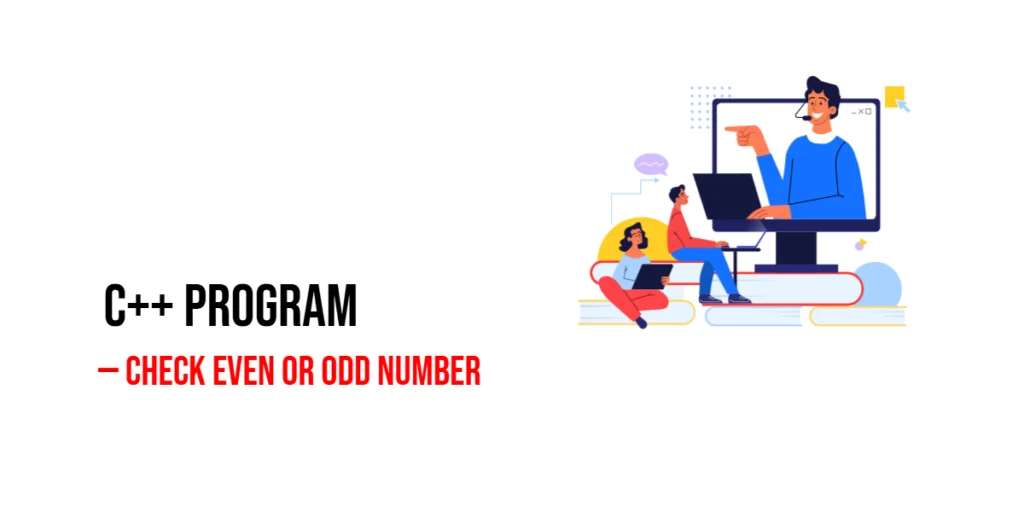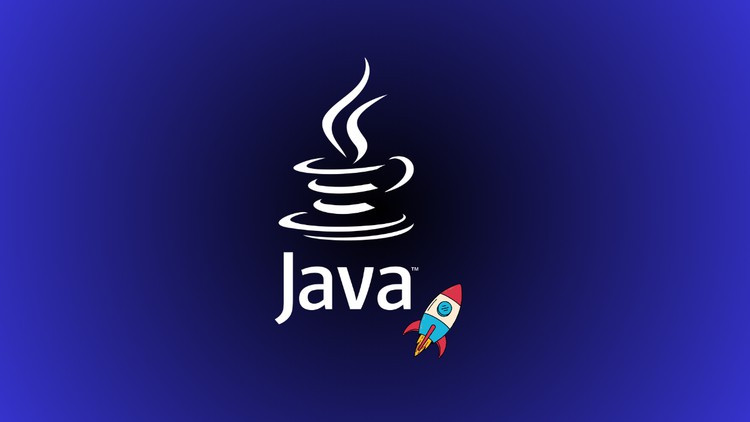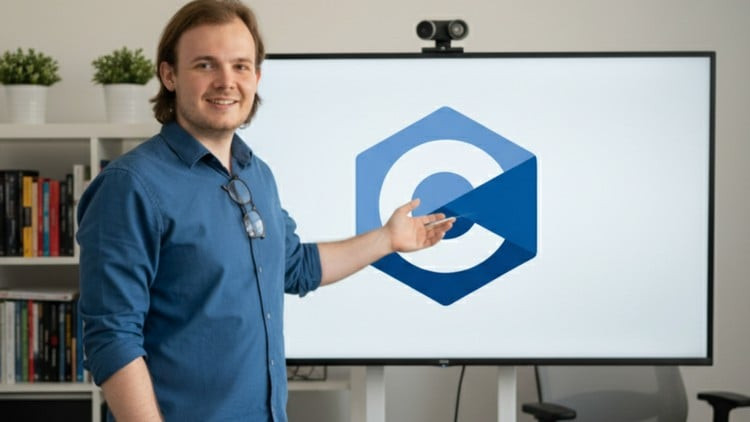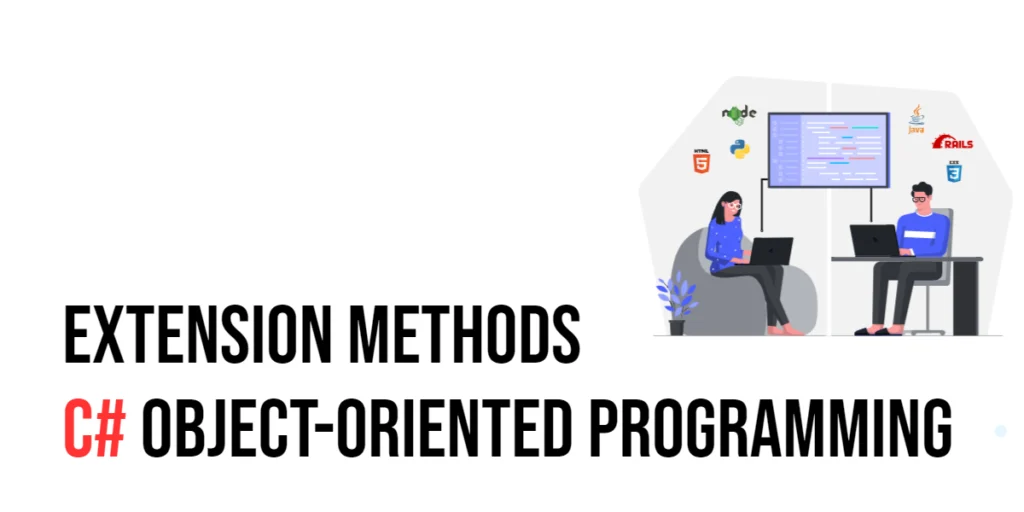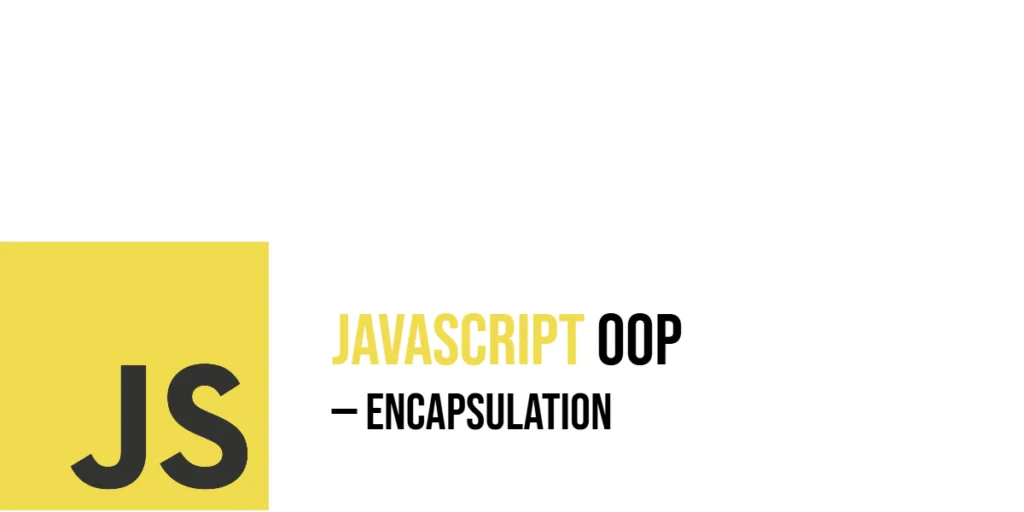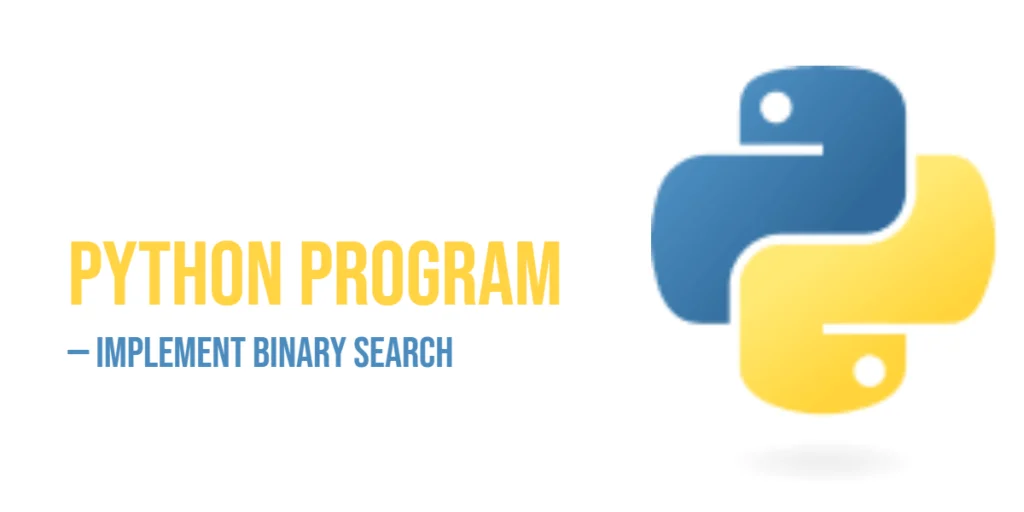Understanding whether a number is even or odd is one of the simplest and most fundamental concepts in programming. It introduces beginners to conditionals, operators, and basic number properties. In C++, checking even or odd numbers is often a first exercise for beginners because it builds a foundation for more complex decision-making tasks in programs. This article explores multiple ways to check if a number is even or odd, helping beginners practice clean and efficient coding.

with hands-on learning.
get the skills and confidence to land your next move.
Program 1: Using the Modulus Operator
The most common way to determine if a number is even or odd is by using the modulus operator (%). This operator gives the remainder when one number is divided by another.
#include <iostream>
using namespace std;
int main() {
int n;
cout << "Enter a number: " << endl;
cin >> n;
if(n % 2 == 0)
cout << n << " is an even number." << endl;
else
cout << n << " is an odd number." << endl;
return 0;
}In this program, we check the remainder of n divided by 2. If the remainder is zero, the number is even; otherwise, it is odd. This method is simple, intuitive, and ideal for beginners learning how to use operators and conditionals.
Program 2: Using a Function
Encapsulating the even-odd check in a function makes the program more modular and allows reusability for multiple numbers.
#include <iostream>
using namespace std;
bool isEven(int n) {
return n % 2 == 0;
}
int main() {
int n;
cout << "Enter a number: " << endl;
cin >> n;
if(isEven(n))
cout << n << " is an even number." << endl;
else
cout << n << " is an odd number." << endl;
return 0;
}Here, the function isEven() returns true if the number is divisible by 2 and false otherwise. Using a function not only cleans up the main program but also demonstrates how code can be reused and maintained efficiently. Beginners can see the benefits of modular programming while still keeping the logic simple.
Program 3: Using Bitwise AND Operator
For those interested in learning a slightly more advanced approach, the bitwise AND operator can be used to determine even or odd numbers efficiently.
#include <iostream>
using namespace std;
bool isEvenBitwise(int n) {
return (n & 1) == 0;
}
int main() {
int n;
cout << "Enter a number: " << endl;
cin >> n;
if(isEvenBitwise(n))
cout << n << " is an even number." << endl;
else
cout << n << " is an odd number." << endl;
return 0;
}In this program, we check the least significant bit of the number using n & 1. If it is zero, the number is even; otherwise, it is odd. This method is highly efficient, especially for large-scale applications or when working with performance-critical code. It also introduces beginners to bitwise operators, expanding their understanding of low-level operations.
Frequently Asked Questions (FAQ)
Here are some common questions beginners ask about checking even or odd numbers in C++:
Q1: Can negative numbers be even or odd?
Yes, negative numbers follow the same rules. For example, -4 is even and -3 is odd.
Q2: Which method is faster, modulus or bitwise?
The bitwise method is slightly faster because it directly checks the least significant bit, avoiding division.
Q3: Can we check multiple numbers at once?
Yes, you can use loops or arrays with the function approach to check several numbers efficiently.
Q4: Why is checking even or odd important?
Even-odd checking is foundational for programming logic, helping in loops, conditions, and solving mathematical or algorithmic problems.
Conclusion
Checking if a number is even or odd in C++ is a simple yet essential skill for beginners. We explored three methods: using the modulus operator, a reusable function, and the bitwise AND operator. Beginners should start with the modulus method to understand basic operators and conditionals, and then explore functions or bitwise operations for cleaner, more efficient, and versatile solutions. Practicing these methods lays a solid foundation for programming logic and problem-solving.
Additional & References
Learning to check even or odd numbers helps beginners understand conditionals, operators, and modular programming. You can extend these exercises to handle arrays, ranges, or incorporate them into larger algorithms.
- C++ Reference –
<iostream>– Documentation for input/output streams in C++. - GeeksforGeeks Even or Odd In C++ – Step-by-step explanations with examples.
- Programiz C++ Tutorials – Beginner-friendly tutorials and exercises.
- W3Schools C++ – Quick reference and practical coding examples.
